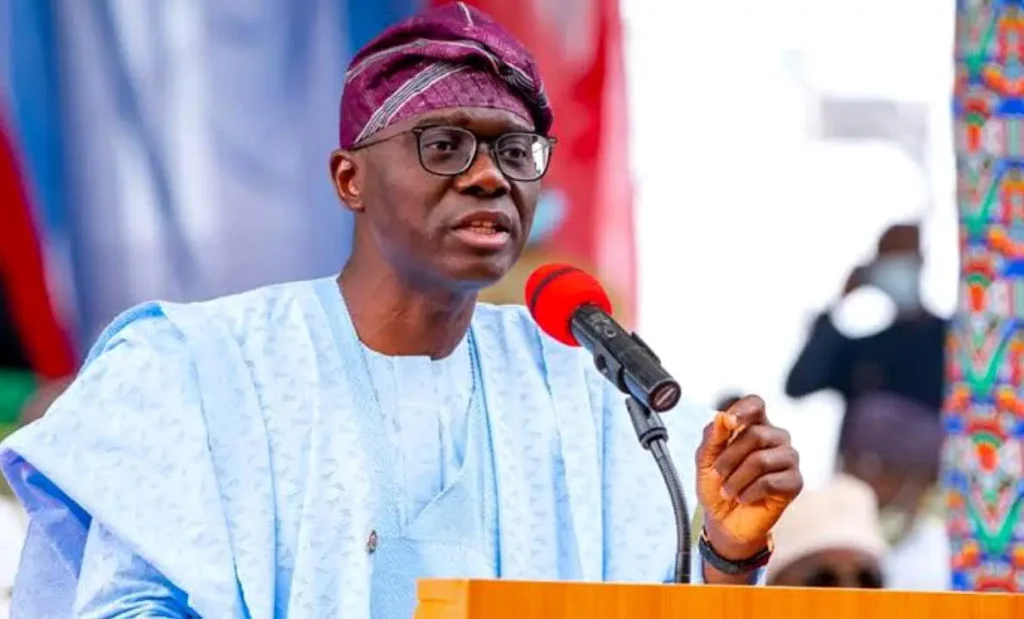Representatives from 175 countries have converged in Kenya, embarking on a mission to negotiate historic measures aimed at curbing the pervasive issue of plastic pollution. The goal is to establish a global treaty that will definitively address the environmental menace of plastic waste.
Last year, an agreement was reached to finalize this groundbreaking treaty by the close of 2024. With petrochemical plastics omnipresent, from the depths of oceans to the summits of mountains, the urgency of this initiative cannot be overstated.
Microplastics have infiltrated the most intimate aspects of human life, being identified in blood and breast milk. The gravity of the situation is undeniable.
The gathering in Nairobi, hosted by the United Nations Environment Programme, presents an unprecedented opportunity to deliberate on a draft treaty revealed in September. This comprehensive document delineates an array of strategies to tackle the plastic predicament. The critical need for this treaty is widely acknowledged, yet disparities exist among the policies advocated by different nations, environmental groups, and the plastics industry.
Eirik Lindebjerg of the NGO WWF asserts that the impending negotiations will be a pivotal battleground. Diverse viewpoints are vying for supremacy, with some advocating for the prohibition of single-use plastics and stringent regulations, while others champion recycling and enhanced waste management.
The draft treaty is an all-encompassing canvas, offering myriad possibilities. The fate of the treaty, as cautioned by the UN’s special envoy for the ocean, Peter Thomson, could either culminate in a landmark alliance for nature or devolve into a compromise with the plastics industry.
The staggering escalation of annual plastic production, which has more than doubled over the past two decades to reach 460 million tonnes, augurs darker days ahead. Without intervention, this figure could triple by 2060, exacerbating the crisis. Shockingly, a mere 9% of plastics are currently recycled. Furthermore, plastic contributes to global warming, accounting for 3.4% of global emissions in 2019. Alarming projections indicate that this percentage could more than double by 2060.
Ahead of the Nairobi discussions, approximately sixty countries articulated their apprehensions and advocated for binding provisions in the treaty to curtail plastic consumption and production. The head of Greenpeace, Graham Forbes, emphasizes that the treaty’s success hinges on its ability to restrict plastic production upstream, asserting that addressing the core issue is paramount.
However, some significant nations, including the United States, China, Saudi Arabia, and members of OPEC, are resistant to curtailing production. This stance has been mirrored by the EPS Industry Alliance, cautioning about the possible unintended repercussions of the proposed measures. There is a call for a more objective and scientifically founded approach to the treaty’s deliberations.
Attaining a consensus is an arduous journey, with the Nairobi meeting marking the third of five sessions aimed at expediting the negotiations, with the ambitious target of concluding them in 2023. The urgency of swift action has been underscored by Fiji, stressing the need for expeditious measures, particularly for small island nations. The sessions have been extended by two days, underscoring the complexity and significance of the negotiations.
As the talks unfold, the global community is poised on the precipice of history. Whether these deliberations in Nairobi yield significant progress, or intensify the impetus for an impactful treaty, remains to be seen. One thing is certain – the fate of our planet hangs in the balance.
Africanews/Hauwa M.



